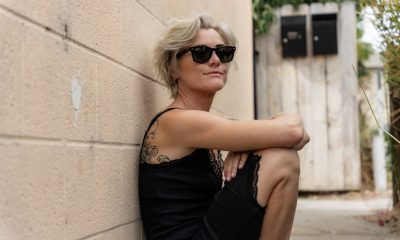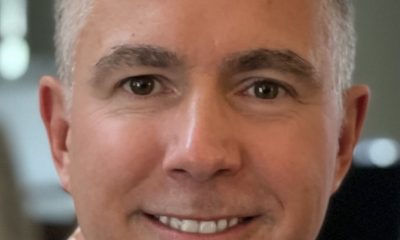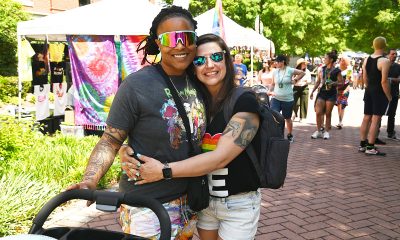Arts & Entertainment
Author Kenny Fries on being queer, disabled, and Jewish
How the three identities formed his rather irreverent take on life
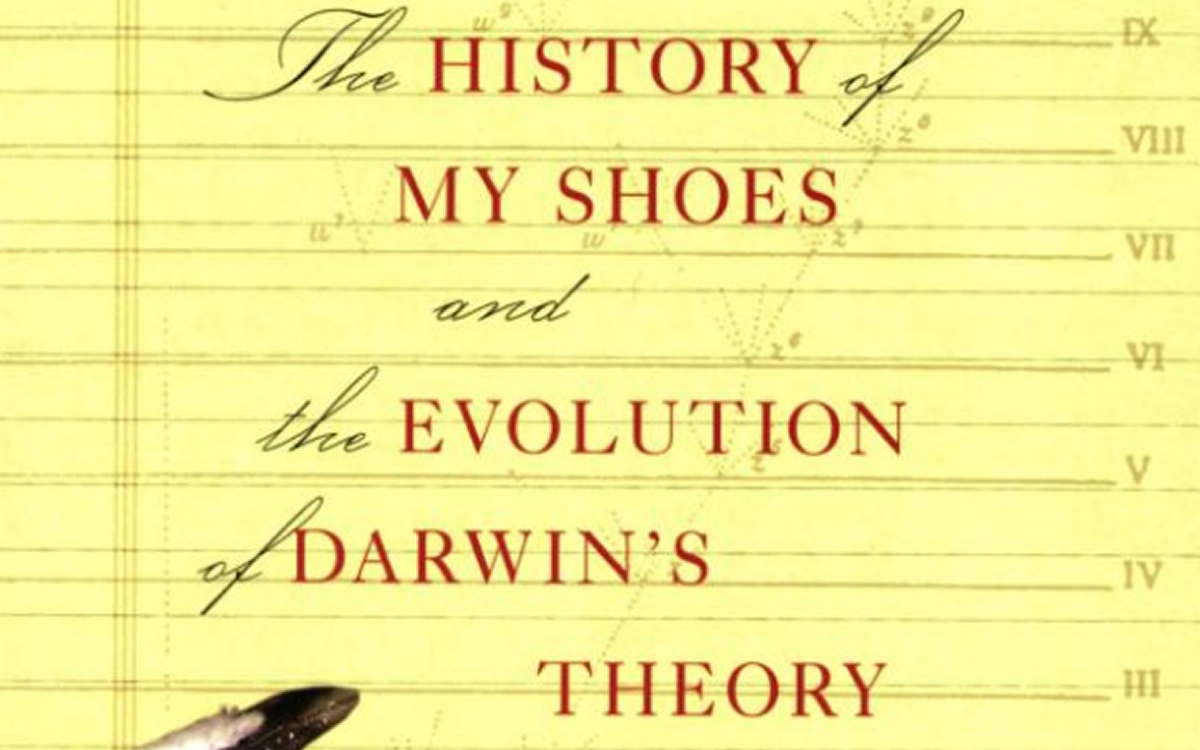
(Editor’s Note: One in four people in America has a disability, according to the Center for Disease Control and Prevention. Queer and disabled people have long been a vital part of the LGBTQ community. Take two of the many queer history icons who were disabled: Michelangelo is believed to have been autistic. Marsha P. Johnson, who played a heroic role in the Stonewall Uprising, had physical and psychiatric disabilities. Today, Deaf/Blind fantasy writer Elsa Sjunneson, actor and bilateral amputee Eric Graise — Marvin in the “Queer as Folk” reboot — and Kathy Martinez, a blind, Latinx lesbian, who was Assistant Secretary of Labor for Disability Employment Policy for the Obama administration, are only a few of the numerous queer and disabled people in the LGBTQ community. Yet, the stories of this vital segment of the queer community have rarely been told. In its monthly, year-long series, “Queer, Crip and Here,” the Blade will tell some of these long un-heard stories.)
In 1991, when he was living in Provincetown, he agreed to be a model for a guide to “gay sex,” gay, disabled and Jewish author and poet Kenny Fries writes in his memoir “The History of My Shoes and the Evolution of Darwin’s Theory.”
Fries, 62, who’s just been awarded a Disability Futures Fellowship by the Ford Foundation, has been disabled since birth.
His medical records say that he has “congenital deformities of the lower extremities,” Fries said in an email interview with the Blade, “Basically, I was missing bones in my legs when born.”
Sometime later, Fries learned that the medical term for his disability is “fibular hemimelia.” “There is no known cause,” he added, “and it is nothing a pregnant mother does or doesn’t do that causes this.”
Back in 1991 in Provincetown, the local artist who was working on the gay sex guide wanted to make sure that it would correctly portray a disabled man having sex.
Fries was pleased when the artist showed him the pictures he’d taken of him and his partner in the modeling session. “I recognize the images of myself in both the photos and the drawing as very beautiful,” Fries writes.
But a week later, Fries’s feelings of pride were dissed. The guide’s art director didn’t like how the drawing turned out, Fries recalled the artist telling him. “‘He said that in the drawing the disability didn’t read. He wants me to cut off one of your legs,’” Fries writes.
Coming out wasn’t that difficult for Fries. Though, “I’m sure at times it felt difficult,” he said. “I think it was the combination of being both gay and disabled that posed the most challenges.”
If you’re disabled, you’re likely to run into ableism in the form of inaccessibility, pity, employment discrimination, discomfort, and fear. Perhaps, most hurtful, especially if you’re queer and disabled, is what Fries calls the myth of “the ideal body.” (This reporter is queer and disabled.)
Anyone with a body that is perceived as different is up against this myth, Fries said. “Everyone is affected by this myth, even straight white men. They just don’t know it as much as we do.”
Though he’s been disabled since he was born in Brooklyn, N.Y., and his disability is quite noticeable, Fries didn’t “come out” as disabled until he was in college.
Fries saw a psychologist after he began having panic attacks. “He did something not quite kosher,” Fries said, “making a deal with me that he’d come see the musical I was directing if I went to talk with Irv Zola, a disabled professor who taught at Brandeis, where I was an undergraduate.”
In those days, Zola was one of the very few disabled faculty at any college. “It was sheer luck that he was at mine,” Fries said.
At Zola’s suggestion, Fries got in touch with the Boston Self-Help Center, and, for a time, joined their peer support group. After grad school, Fries moved to San Francisco. There, he met Marilyn Golden, a disability rights movement leader. Meeting Golden, his first mentor, launched Fries’s disability rights journey.
Another important step for Fries in his “coming out” as disabled was when he took part in the Contemporary Chautauqua on Performance and Disability that was organized by Vicki Lewis at the Mark Taper Forum in Los Angeles in 1994. There, Fries met creative nonfiction and fiction writer Anne Finger, playwright Susan R. Nussbaum and other disabled writers. These writers became his “comrades in arms,” he said.
Golden and Nussbaum died earlier this year. It was “a great personal and community loss,” Fries said.
The apartment building where he grew up was like a “vertical high rise shtetl,” Fries said, when asked how being Jewish fit into his queer and disabled identity.
“An ex called me ‘the Nazi Trifecta,’” Fries said, “as Jews, the disabled and queers were persecuted and killed during the Nazi regime.”
Being queer, disabled, and Jewish – being triply “othered” has emphasized his “questioning,” Fries said, “especially of societal structures and institutions.”
Somehow, he believes, these three identities combined to form his rather irreverent take on things.
The writing bug bit Fries early on. “As a child, I was always thinking of plays,” Fries said, “and wrote some silly ones.”
Fries is one of our time’s most distinguished and important queer and disabled writers. He is the author of “Province of the Gods,” “The History of My Shoes and the Evolution of Darwin’s Theory” and “Body, Remember: A Memoir.” His books of poetry include “In the Gardens of Japan,” “Desert Walking” and “Anesthesia.”
If you’re visibly disabled, you’re stared at often by nondisabled people.
Fries has helped disabled people, queer and non-queer, to reclaim the stare. He edited the groundbreaking anthology “Staring Back: The Disability Experience from the Inside Out,” in which writers, including queer icon Adrienne Rich, reflect on their lived experience of being disabled.
“I didn’t realize Rich was disabled (she had rheumatoid arthritis) until I saw her using a cane at a reading in the Bay Area,” Fries said.
Fries lives with his husband, who is Canadian, in Berlin. They met when Fries was in Japan in 2005 and married in 2007.
“Living in cultures other than my own, as well as travel, has always been a foundation of my work,” Fries said.
Occasionally, Fries has encountered “direct” ableism in the queer community. Such as the time decades ago when he wasn’t allowed into a gay bar in Florence, Italy. Or the “very rare” sexual rejection by a nondisabled person. “This harkens back to the ideal body myth,” Fries said.
More insidious to Fries is the ableism of inaccessible queer spaces and events and the lack of inclusion of disabled people on queer-related panels at readings and events.
Then, there are the apps, Fries said. “How many disabled guys does one encounter on Grindr?” he said. “Even the profile questions asked show the default is not to think of physical difference.”
Fries came to Berlin to do research for the book he’s working on “Stumbling Over History: Disability and the Holocaust” and his video series “What Happened Here in the Summer of 1940?”
“The disabled were the first group to be mass murdered in gas chambers in Aktion T4, the Nazi program that killed 70,000 disabled persons,” Fries said.
“After T4 officially ended, 230,000 more disabled people were killed by gas,” Fries added, “as well as by other means, such as starvation, medication overdose and neglect.”
This is still a relatively unknown history to most people, even in Germany, Fries said.
Fries’s supply of energy is boundless. He has curated “Queering the Crip, Cripping the Queer,” the first international exhibit on queer/disability history, activism, and culture. It opened at the Schwules Museum Berlin on Sept. 1 and runs through the end of January 2023.
The exhibit includes the work of more than 20 contemporary queer/disabled artists.
A major theme of the exhibit is “‘the ideal body’,” Fries said, “how this fantasy has pervaded both queer and disability history and lives, and how queer/disabled artists have counteracted this.”
Many people know Audre Lorde as a queer, Black icon. But most don’t think of her as having a disability. Yet, Lorde, who had cancer, was disabled. She is included in the exhibit.
“Lorde was a very important figure for the Afro-German women’s movement,” Fries said.
Lorde wrote about having cancer in “The Cancer Journals.” She had an ahead-of-her- times view of disability, Fries said. “In an interview featured in the exhibit, she talks about a feminist book fair in London in 1984, which was held in an inaccessible space.”
It is important for all of us that such events be made available to disabled women, Lorde said in the interview, “and we should make sure they are announced in black women’s magazines.”
Lorde understood intersectionality before it became popular, Fries said.
For more information go to: kennyfries.com
Out & About
Blade Summer Kickoff Party returns to Rehoboth
Politicians slated to speak at annual Blue Moon party
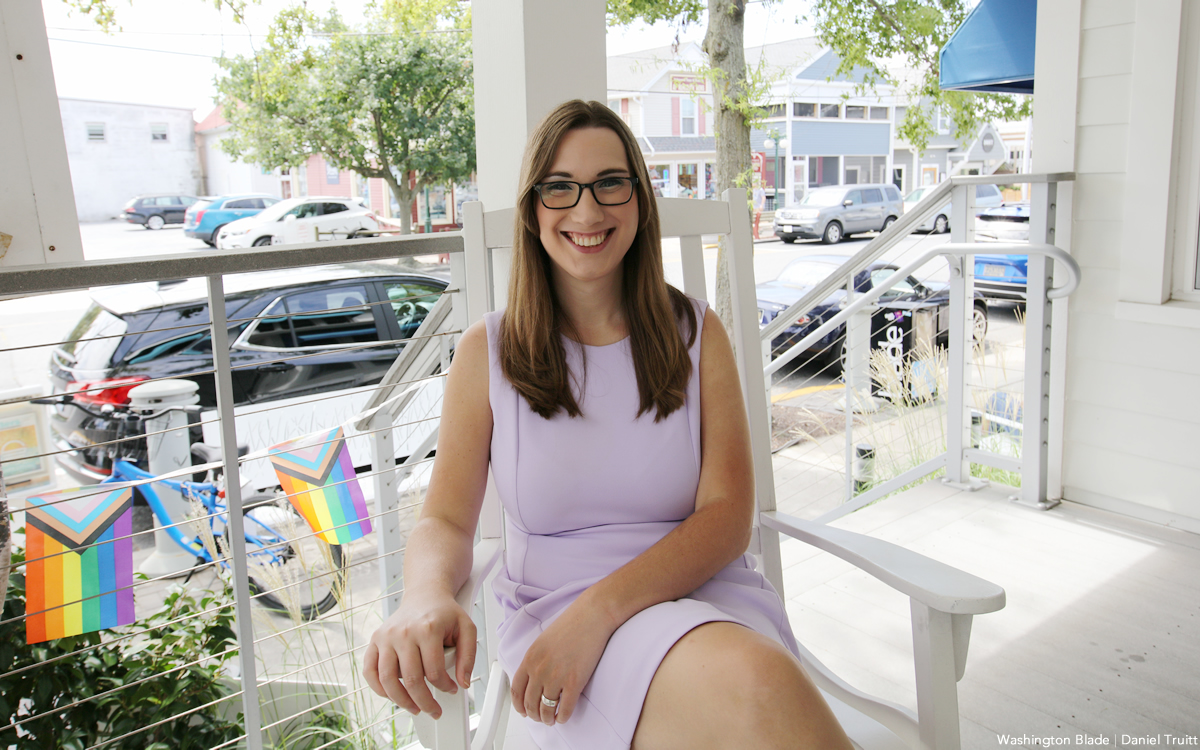
The Washington Blade’s 17th annual Summer Kickoff Party returns Friday, May 17, 5-7 p.m. at the Blue Moon (35 Baltimore Ave.) in Rehoboth Beach, Del.
It’s an exciting election year in Delaware, which is poised to elect its first Black woman senator (Lisa Blunt Rochester) and the nation’s first transgender member of Congress (Sarah McBride).
McBride is scheduled to speak at the party along with several politicos from the area. With the retirement of longtime state Rep. Peter C. Schwartzkopf, a staunch LGBTQ ally, three strong contenders are running to replace him. All three — Marty Rendon, Kathy McGuiness, and Claire Snyder-Hall — are slated to speak at the party. A representative from Blunt Rochester’s campaign is scheduled to speak, along with Kim Leisey, the new executive director of CAMP Rehoboth.
Tax-deductible tickets are $20 and available on Eventbrite or via the Blade’s Facebook page. The party is sponsored by Justin Noble of Sotheby’s, The Avenue Inn & Spa, and Blue Moon.
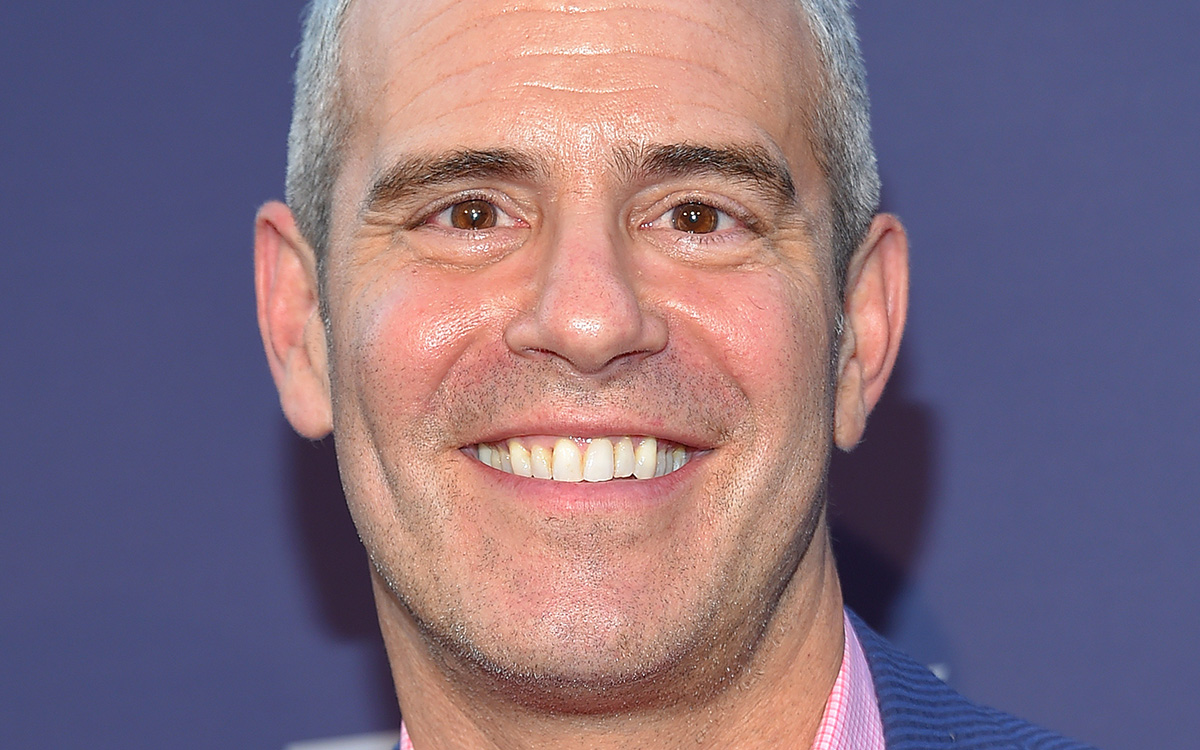
Andy Cohen, executive producer of “The Real Housewives” franchise and host of “Watch What Happens Live,” will return to Sixth & I on Wednesday, May 8 at 7:30 p.m.
This event will be his fifth appearance at the venue to celebrate the paperback release of his New York Times bestselling memoir, “The Daddy Diaries,” talk about the latest Housewives happenings, and answer audience questions about everyone’s favorite Bravolebrities.
Cohen will be in conversation with Rep. Robert Garcia, who represents California and is the first LGBTQ immigrant to win a congressional seat. Rep. Garcia has also been known to quote from “The Real Housewives” in congressional hearings.
Tickets start at $12 and can be purchased on Eventbrite.

“Herses- Purse Frist Extravaganza” will be on Friday, May 3 at 9 p.m. at 1835 14th St. N.W. This will be an evening of dancing and performances, hosted by HAUS of Bambi Award-winning Performance Artist, BUMPER. Refreshments are also available for purchase.
Tickets are $10 and can be purchased on Eventbrite.

